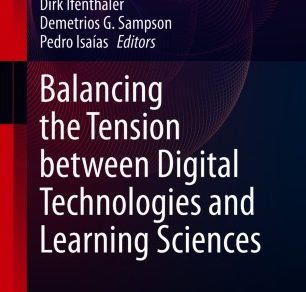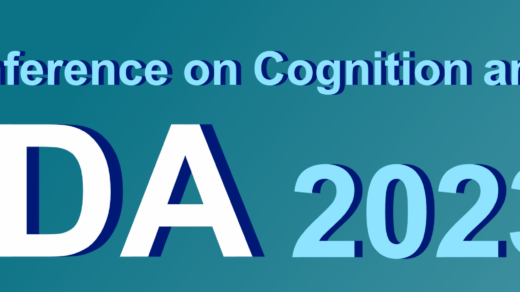GUEST EDITORS
- YJ Kim, UW Madison-Wisconsin, USA, yj.kim@wisc.edu
- José A. Ruipérez Valiente, University of Murcia, Spain, jruiperez@um.es
- Dirk Ifenthaler, University of Mannheim, Germany, dirk@ifenthaler.info
- Erik Harpstead, eharpste@andrew.cmu.edu
- Elizabeth Rowe, TERC, USA, elizabeth_rowe@terc.edu
AIMS & SCOPE
The educational benefits of games have been well documented over the past decade. In a recent meta-analysis, Clark and his colleagues (Clark et al., 2016) report that compared to nongame conditions, games had a moderate to strong effect for improving overall learning outcomes including cognitive and interpersonal skills. While ample evidence shows that games, in general, have a great potential to support learning, the vast and rapid data generation from learners’ interactions with the game can be overwhelming for the educators and learners to manually process, thus possible new insights about the learners can remain unavailable. Learning analytics holds the potential to transform the game data into meaningful information that can be used by the teacher and learners to improve learning, modify strategies, provide formative feedback, or to redesign the curriculum around the game. Reflecting on the work of game-based learning and assessment over the past 10 years, Kim and Ifenthaler (2019) suggested that the field of game-based learning and assessment can greatly benefit from the application of learning analytics, from the design process to classroom implementations. However, it is a challenge to implement learning analytics (LA) in digital games such that they are grounded in theory and practice, technically sound, and useful for teachers and learners without flashy, cumbersome additional features.
This special issue intends to bring diverse perspectives and approaches for the topic of learning analytics for game-based learning and assessment to highlight the current state of the field.
TOPICS OF INTEREST
To push the frontier of analytics in Game-based learning, we welcome various types of submissions to the special section including:
- Using learning analytics to improve the educational game design process
- Learning analytics to measure process skills such as troubleshooting or productive struggle and 21st Century skills such as creativity and collaboration in game environments
- Applications of learning analytics for game-based assessment: The interplay between the psychometrics and learning analytics
- Applications of learning analytics to promote formative assessment practices and playful pedagogies in classrooms
- Learning analytics to support the implementation of game-based learning in classrooms including recommendations/hint systems, adaptive games/feedback, and dashboards
- The role of teachers and students as co-designers to design, develop, and evaluate learning analytics from the game
- Interoperability, generalizability, and scalability of educational data and learning analytics in game-based learning
- Validating and evaluating learning analytics models and applications in game-based learning
SUBMISSION INSTRUCTIONS
An initial submission of a 500-1000 word abstract (including title, authors, outline of the proposed article, 3-5 keywords, key references) is optional but strongly encouraged to receive early feedback. Submit your abstract by email to YJ Kim yj.kim@wisc.edu by July 15th.
Final submissions will take place through JLA’s online submission system at http://learning-analytics.info When submitting a paper, select the section “Special Section: Analytics for Game-based Learning”. All submissions should follow JLA’s standard manuscript guidelines and template available on the journal website, and will undergo peer review. Queries may be sent to the special section editors (emails above).
TIMELINE
- Optional abstract submission due: July 15th, 2021
- Full submissions due: November 30th, 2021
- Decisions and comments sent to authors: February, 2022
- Revisions uploaded to the submission system: April, 2022
- Revised/final manuscripts due: June, 2022
- Publication of special issue: November, 2022, Issue 9(3) (individual manuscripts that are ready for publication prior to this date will be made available via our early access system)


